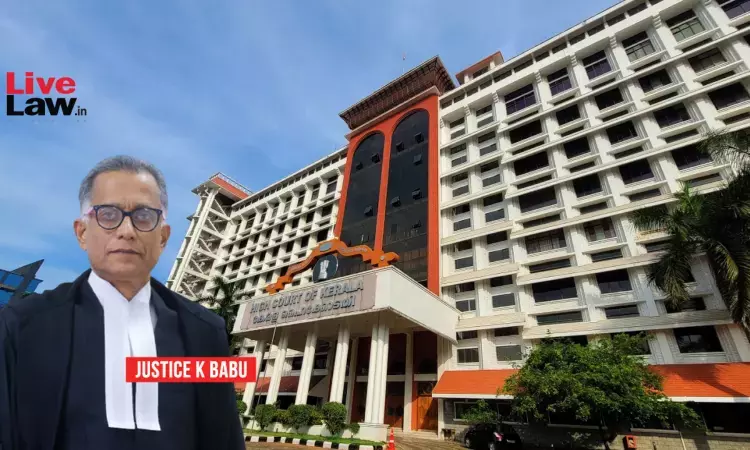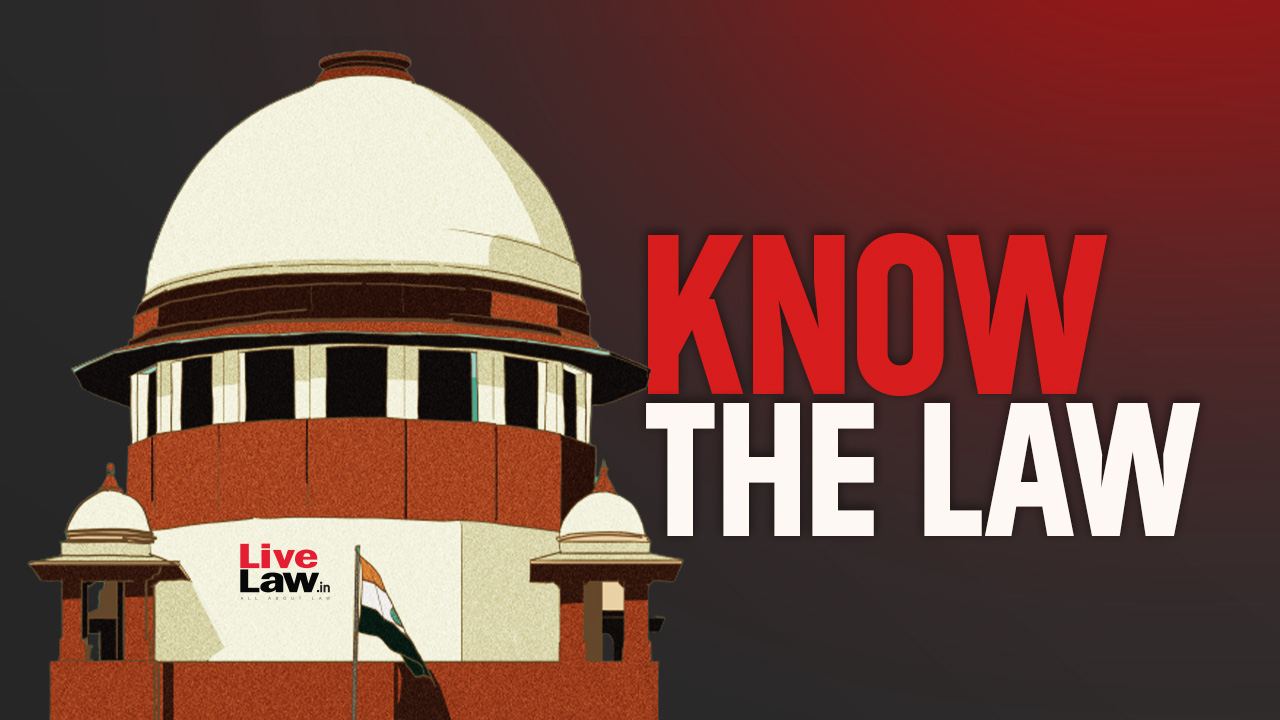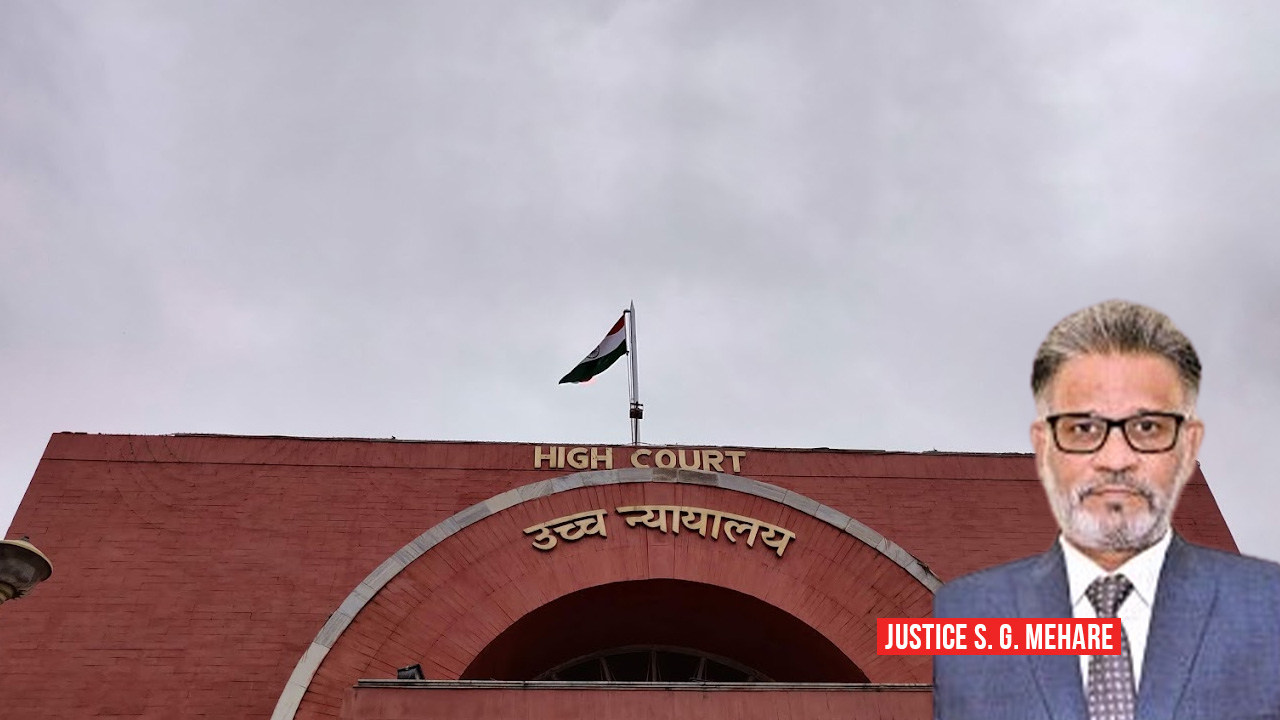Articles for Section 197 Crpc, search results for servants

2 days, 3 hours ago

3 weeks, 4 days ago

3 weeks, 5 days ago

3 months, 4 weeks ago
![[S.197 CrPC] State Sanction Not Required To Prosecute Policemen For Their 'Illegal Acts': Kerala High Court](https://www.livelaw.in/h-upload/2021/05/26/394024-police-brutality.jpg)